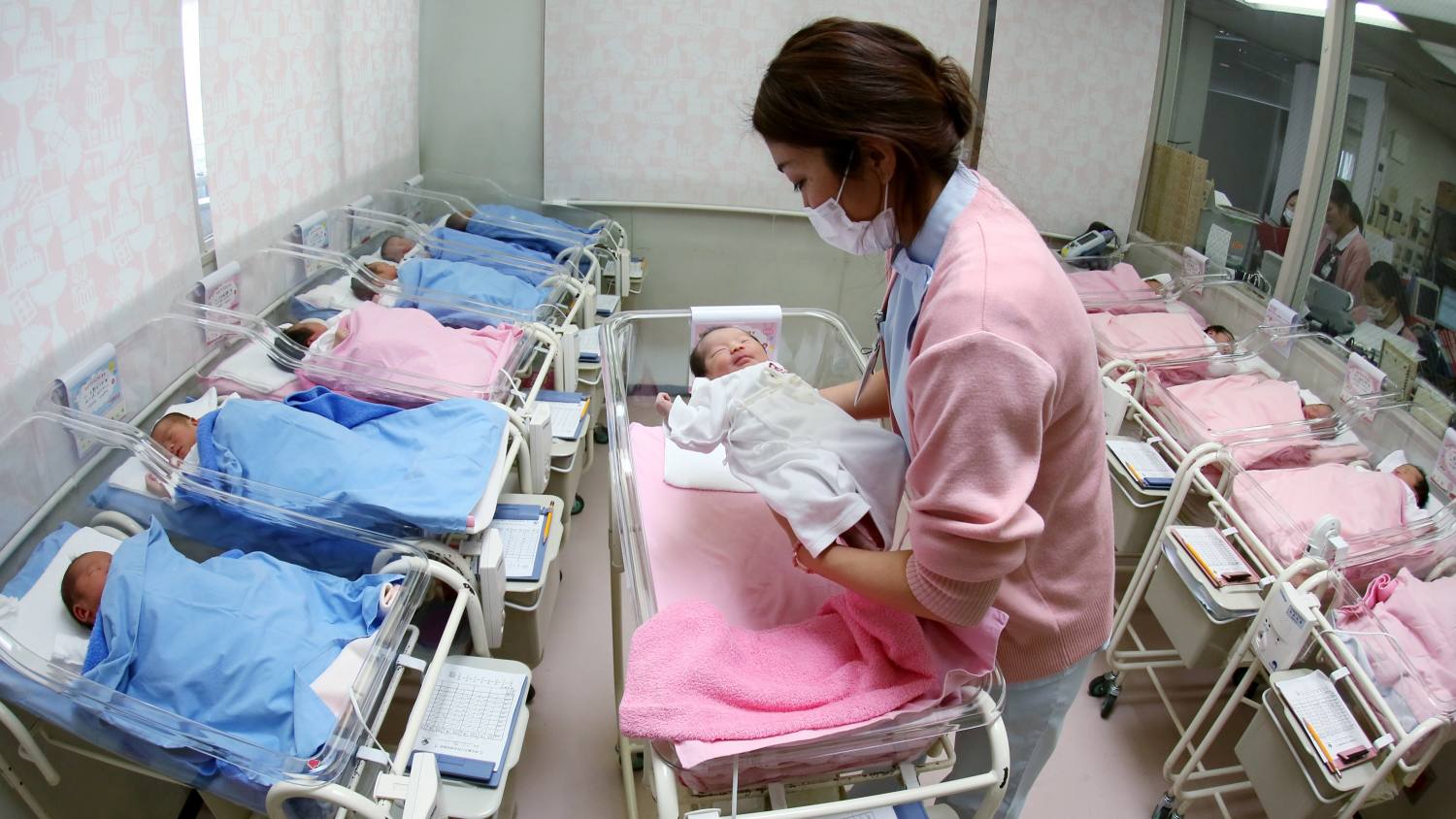"Informed AI News" is an publications aggregation platform, ensuring you only gain the most valuable information, to eliminate information asymmetry and break through the limits of information cocoons. Find out more >>
Japanese Women and Egg-Freezing: Navigating Societal Expectations
- summary
- score

In Tokyo, more women are freezing their eggs, driven by societal pressures and government subsidies. At 39, my friend grapples with the decision, torn between personal desires and parental expectations. She wants a child someday but isn’t ready now. Egg freezing offers a compromise, a way to appease her parents without immediate commitment.
Japanese women face unique pressures. Historically, they had little say in marriage and childbirth. Today, they navigate a complex landscape where societal norms clash with individual choices. The government’s recent push to subsidize egg freezing reflects a broader effort to address the plummeting birth rate. Yet, this initiative also highlights the double standards: men face less scrutiny for delaying parenthood.
Tokyo’s governor, Yuriko Koike, tried matchmaking but stumbled. Now, she supports egg freezing, offering up to 300,000 yen ($2,020) per woman. Over 10,000 women have applied, seeking guidance through counseling sessions.
While egg freezing provides options, it’s not without risks. The process becomes more costly and physically challenging with age. The Japan Society of Obstetrics and Gynecology warns against unconditional endorsement.
Despite these challenges, Japanese women have made strides. Maternity leave and childcare have improved, though old biases persist. Working mothers still face criticism, a remnant of outdated attitudes.
In essence, egg freezing is a modern solution to an ancient dilemma. It offers women a way to control their reproductive futures, even as societal expectations loom large.
| Scores | Value | Explanation |
|---|---|---|
| Objectivity | 5 | Balanced reporting with comprehensive analysis. |
| Social Impact | 5 | Widely discussed, influencing public opinion. |
| Credibility | 5 | Solid evidence from authoritative sources. |
| Potential | 6 | High potential for significant social changes. |
| Practicality | 4 | Highly practical, applicable to real problems. |
| Entertainment Value | 2 | Slightly monotonous with few entertaining elements. |